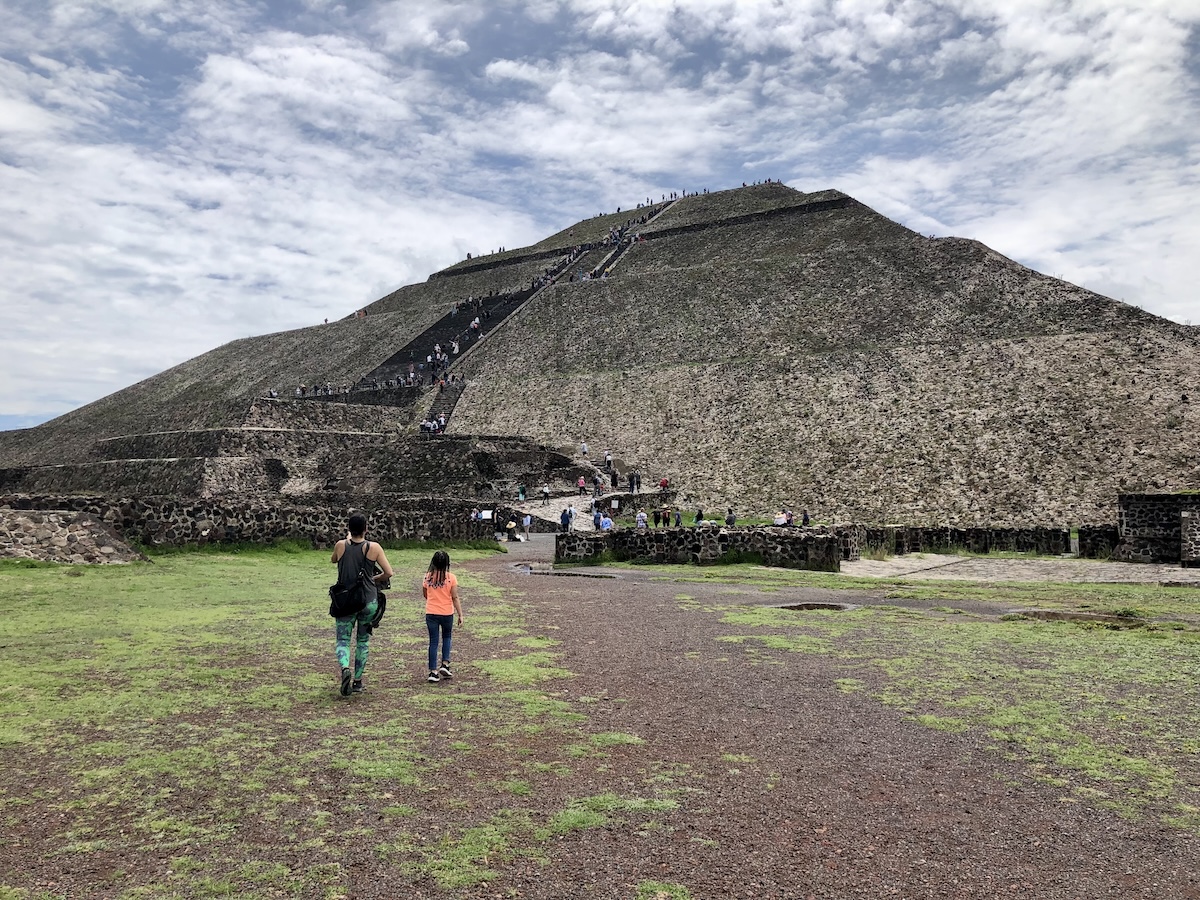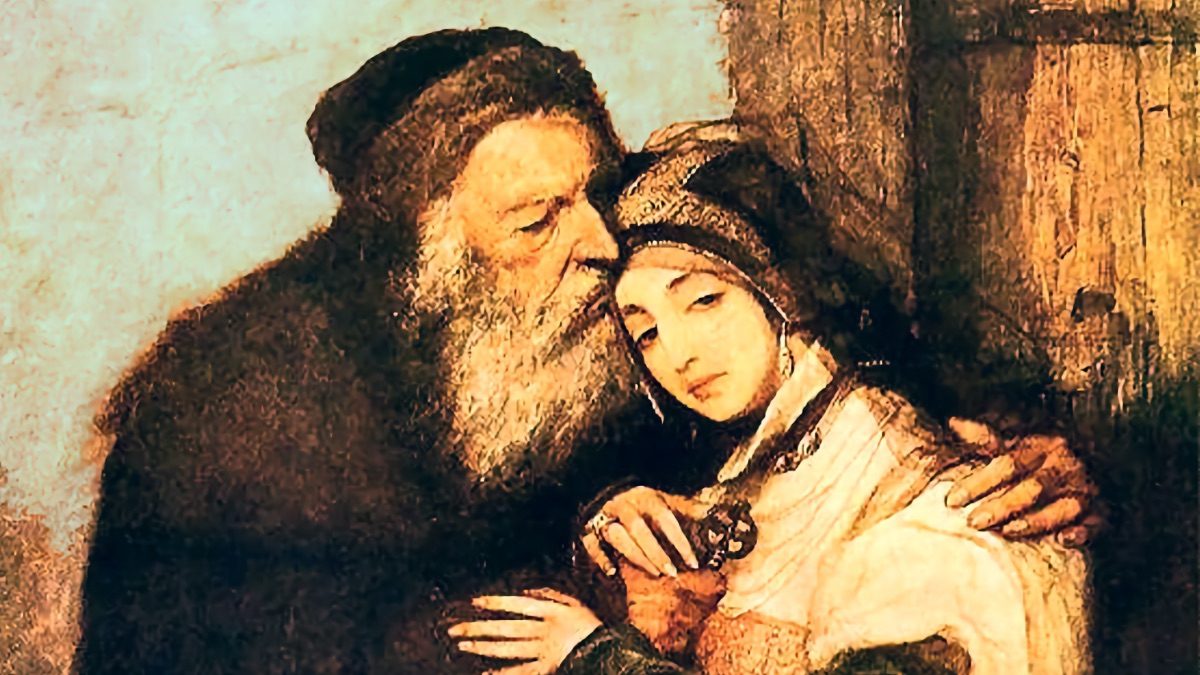The humanities crash course keeps rolling. Last week was the last of three dedicated entirely to the most important English writer: William Shakespeare. Gioia recommended three plays: Othello, Henry IV, part I, and Henry IV, part II. I read both Henries two years ago, so I swapped them now with The Merchant of Venice and Julius Caesar.
At this point, I’ve read eleven of Shakespeare’s plays. That may seem like a lot, but I still have more than two-thirds to go. (And obviously that doesn’t include the sonnets. The man was prolific!) But that’ll have to wait: there’s more to learn. And while Shakespeare was this week’s focus, I also listened to Renaissance music and watched a classic film about racial tensions.
Readings
In a nod to the two Henries, I wanted to read another of Shakespeare’s historical plays. I chose Julius Caesar. Caesar is a powerful and popular Roman general. Rumors suggest he’s angling to be crowned king, doing away with the Roman republican system. A group of powerful senators, including Brutus and his brother-in-law Cassius, conspire to assassinate Caesar.
Brutus is conflicted. He knows the murder is wrong and admires Caesar as a friend. But he values the republican system of government more. Eventually, he joins the conspirators. Not knowing what’s going on, his wife Portia is concerned about his taciturn mood.
Caesar receives various warnings and omens that suggest danger on the Ides of March. He chooses to interpret the omens favorably instead. But on the Ides of March he is stabbed to death by the conspirators. Brutus addresses Roman citizens at Caesar’s funeral, justifying the conspirator’s actions. But Marc Antony, Caesar’s loyal friend, is also allowed to deliver a eulogy. He uses the opportunity to rouse the mob against the conspirators.
Civil war breaks out. Marc Antony joins forces with Octavius, Caesar’s heir. Brutus is haunted by Caesar’s ghost, who predicts his defeat. Despairing her husband’s choices, Portia kills herself. The conspirators are defeated. Thinking Brutus is lost, Cassius frees his slave Pindarus but asks that he slay him. Brutus commits suicide. At the end, Marc Antony honors Brutus’s character, suggesting he had honorable motives.
Othello is another tragedy. The titular character is a general of Venice. He’s also a moor — i.e., of a different race and therefore considered something of a stranger among the Venetians. In secret, he has married Desdemona, the daughter of a prominent citizen. This causes some strife for both the way in which the marriage was conducted and the fact it’s interracial. Iago, a disaffected lieutenant of Othello’s, sees an opportunity to undermine and destroy him.
Eventually, the Venetians patch up their differences. They have bigger fish to fry: the Turk is invading Cyprus. They send Othello, who vanquishes them and is put in charge of the island. Iago uses circumstances to make Othello believe Desdemona is cheating on him with Cassio, who Othello has promoted over Iago.
Othello, who trusts Iago, seethes with rage. Iago causes more mischief, including a few deaths. He keeps seeding Othello’s wrath. Eventually, Othello decides he must murder Desdemona and Cassio. Othello strangles Desdemona in her bed. Then, in a major act of courage and moral fortitude, Iago’s wife Emilia reveals his machinations. Iago kills her, but is wounded and captured. Distraught at his mistake, Othello kills himself. The new leaders decree that Iago be returned to Venice for punishment.
The Merchant of Venice is a comedy that (surprisingly!) deals with similar themes. Bassanio is a young gentleman. He needs money to woo Portia, a beautiful and rich young woman who has recently been orphaned. But he has no funds, so he asks Antonio to borrow funds on his behalf from Shylock, a Jewish money lender.
Shylock hates Antonio because as a Christian, he lends money without interest, which hurts Shylock’s business. Shylock sees Antonio’s debt as an opportunity. He lends him the money, but asks for a pound of his flesh as a guarantee. They agree, even though Antonio’s wealth is tied up in risky trades.
Portia is courting suitors through a peculiar mechanism. Her late father left behind three caskets made of gold, silver, and lead. Suitors must agree to open one of the caskets. If it contains a picture of Portia, they can marry her. If it doesn’t, they must swear to forgo marriage altogether — either to Portia or anybody else. Two suitors try for the gold and silver and fail.
Shylock’s daughter Jessica elopes with Lorenzo, a Christian friend of Bassanio’s and converts to Christianity. She takes with her Shylock’s money and jewels. He is furious. He demands repayment of his bond. But Antonio’s deals have met misfortune and he can’t pay. Shylock demands his pound of flesh. Bassanio chooses the lead casket, winning Portia’s hand.
Antonio’s case is brought to trial. Portia, disguised as a male lawyer, forces Shylock to give up his claim on Antonio’s life. Shylock is forced to bestow his property after his death to his daughter and son-in-law and become a Christian. Because this is a comedy, all turns out well. But to modern eyes, Shylock’s treatment feels incredibly tense and uncomfortable.
Audiovisual
Music: Renaissance music, especially works by John Dowland. As happened last week, I was unfamiliar with this work — but it’s now entered my regular rotation. This music is excellent background for focused work.
Arts: Gioia recommended looking at Pre-Columbian architecture. I’ve visited both Teotihuacan and Machu Picchu, so I feel safe checking this box.

My wife and daughter approaching the Pyramid of the Moon at Teotihuacan
Cinema: Spike Lee’s DO THE RIGHT THING, a classic film about racial relations in the U.S.
The movie came out in 1989. It gave me lots to think about, especially given the ongoing racial conflicts we’ve seen in the years since.
Reflections
I picked two of this week’s three readings somewhat arbitrarily: I searched for a list of Shakespeare’s most influential plays and picked two I hadn’t already read. Surprisingly, they turned out to have similar themes.
Merchant and Othello, in particular, have strong parallels. Othello and Shylock are both powerful outsiders in Venetian society. Othello is a successful general and a Moor — and therefore, racially different. Shylock is a wealthy moneylender and a Jew — and therefore, religiously different.
Neither are fully accepted. More than that: they’re both victims of overt prejudice. The other characters express racist and antisemitic attitudes against them that influence actions and eventual outcomes.
Both characters also suffer from misplaced trust. For Othello, it’s of Iago. For Shylock, it’s of the legal system. Both Othello and Shylock lose everything by the end — undone by their social systems and circumstances.
Caesar, too, is a powerful outsider who threatens the social order. But he has more agency than either Shylock or Othello — even beyond the grave. Critically, his murder has the opposite effect than intended. Looking to save the social order, his murderers create a powerful motive for opportunists who subvert it.
These thoughts were on my mind as I watched DO THE RIGHT THING. The movie is ambiguous: does it advocate peaceful coexistence or violence? Its most grounded characters — Sal and Da Mayor — prefer coexistence, but their efforts are undermined by others — including the main character, played by Lee himself — who resort to violence. It’s unclear whether they’re morally flawed or driven by circumstances.
The film ends with two lengthy quotes that emphasize its central tension. The first, from Martin Luther King, advocates nonviolence. The second, from Malcolm X, advocates violence. Given the film’s popularity, I couldn’t help but wonder about its influence on subsequent events. After all, it seems to posit violence and nonviolence as equally plausible responses.
No easy answers here. Instead, DO THE RIGHT THING offers a deep, unflinching treatment of a complex subject. Like Merchant, it seems designed to make viewers simultaneously engaged and uncomfortable. Sadly, racism and antisemitism are still active forces today. These works remain highly relevant.
Notes on Note-taking
Recently, a post made the rounds by someone extolling the virtues of deleting their second brain. I have a draft response that may eventually see the light of day. For now, I’ll say this isn’t the first of these I’ve seen: I highlighted several in Duly Noted back in 2022–23.
The gist is always the same: drawn by promises of increased productivity, the author built an elaborate note-taking system. Eventually, they realized the effort wouldn’t produce the expected results, so they chucked the system. As a result, they felt liberated.
Whenever I come across these posts, I always have the same thought: good for them. Learning should be a source of pleasure, not a chore. That said, most of these folks seem to have undertaken the project with unrealistic expectations. Specifically, most aimed to build extended memories for increased productivity.
That misses the point. Yes, a personal knowledge management system — which I prefer to call a knowledge garden — will produce a data set. But that’s a secondary effect. The point isn’t better data; it’s better thinking. A knowledge garden accomplishes this by giving you a place to explore and experiment with ideas.
I’ve worked in — or more accurately, thought in — knowledge gardens for almost two decades. Whenever I read a book, I write down ideas on its margins (or via ebook highlights.) But that’s not where they stay. Ideas eventually go into an emergent, loosely structured, continually evolving note-taking system.
It accommodates different levels of visibility. Some writings (such as the one you’re reading now) are meant to be shared in public. They’re at the tail end of the thinking process, when the ideas are ready for public feedback. But I also need places to write notes-to-self as I work through my thinking.
I was unclear on what I thought of The Merchant of Venice or DO THE RIGHT THING until I wrote about them. In thinking through them, I’ve made several pages of notes you’ll never read. The purpose of writing these notes wasn’t sharing or remembering, but thinking.
In the process, I also revisited my notes on Henry IV parts 1 and 2. They sat dormant in my knowledge garden for over two years. This is a long game, with no expectations of improved productivity or enlightenment. But better thinking happens in the act of writing — being able to revisit old notes is a bonus.
Again, I’m sympathetic to folks who delete their “second brains.” (I dislike that phrase, BTW.) This isn’t for everyone. But for some of us, it’s essential. Knowing I have a place to explore ideas helps me think better. Again, I’ll have more to say in the future — for now, see Duly Noted for the fundamentals.
Up Next
Gioia recommends Moliere’s Tartuffe and the first five chapters of Don Quixote. I read Moliere in college; Quixote is required reading for native Spanish speakers (much as Shakespeare is for English speakers.) I’ve read it twice and am wondering whether I should revisit it now. (If I do, it’ll be in Spanish.)
Again, there’s a YouTube playlist for the videos I’m sharing here. I’m also sharing these posts via Substack if you’d like to subscribe and comment. See you next week!
